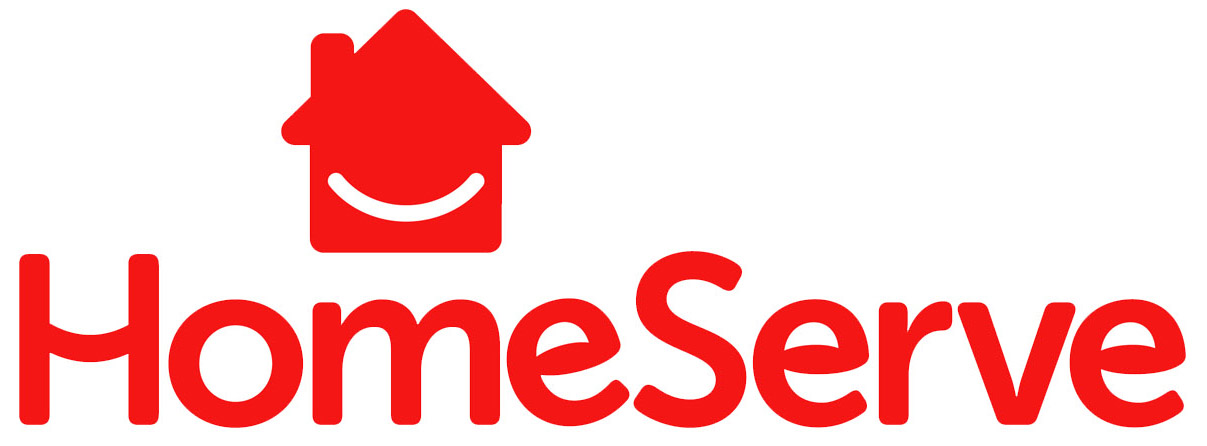By 2025, Millennials will make up to 75 percent of the work force, as the next largest generation, the Baby Boomers, retire in droves. This means their buying power will only increase in the next decade – multicultural Millennials’ buying habits include spending more than $65 billion each year and influencing up to $1 trillion, the generation has more spending power than Boomers and will spend up to $1.4 trillion by 2020.
 Energy providers are sure to get some of those dollars, but what can they do to get a bigger piece of the pie? Millennials spend with companies where they are engaged and they are confident the company is socially responsible.
Energy providers are sure to get some of those dollars, but what can they do to get a bigger piece of the pie? Millennials spend with companies where they are engaged and they are confident the company is socially responsible.
They also are the first truly “digital generation,” and they want cutting-edge tech like that employed in smart homes. They are willing to pay more for a home with smart technology and real-time data. These demands offer a wealth of opportunities for energy providers, from offering smart thermostats to apps that provide real-time information on energy consumption and ways to save. And that’s only the tip of the iceberg when it comes to smart devices and data.
In addition, energy providers can offer even more engagement with value-added services, that build on smart devices and data analysis. Everything from home security systems to emergency home repairs give energy providers opportunities to move laterally and increase engagement – and profits. Energy services isn’t a new field, but it is an exciting and growing one.
Clean Energy
Providers also could combine those two demands to meet one Millennials are clamoring for: clean energy, for which Millennials are willing to pay more, and a smart grid that integrates clean energy such as solar and wind power. Clean energy and environmentalism isn’t a “trend” for Millennials’ buying habits; it’s a practice they see crossing into all aspects of their lives, from politics to spending habits.
Energy providers who showcase their social responsibility by providing the clean energy Millennials demand will stand head-and-shoulders above their competition. This generation is already driving investment in Energy STAR appliances and solar power. They don’t just want to utilize clean energy, they want to reduce their overall usage – yet another reason to move into smart home technology, data analysis and value-added services, especially with energy consumption flattening.
There is a clear gap between what Millennials want and what they are being offered by energy providers. Despite 86 percent of overall consumers who would like to have green energy, only 45 percent have been offered it, according to a Deloitte study. It also shows that 48 percent of Millennials are interested in solar power and 32 percent are interested in wind power. The study also confirms Millennials’ interest data analysis, particularly smart meters, apps and time-of-use rates.
Forward-thinking providers will be moving into these spaces as Millennials continue to increase their buying power. Partnerships with service providers such as HomeServe can help them do that.
HomeServe, a leading provider of home repair service plans, partners with utilities across the nation to offer utility customers affordable protection from potentially expensive repairs of electrical lines, water heaters, HVAC systems and water and sewer lines. To learn more about a partnership with HomeServe, contact us.

